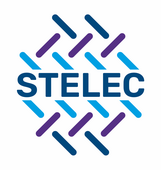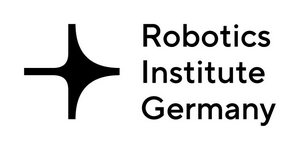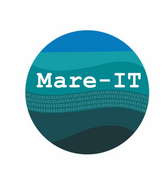
Research Departments
- Augmented Vision 2
- Cognitive Assistants 2
- Design Research eXplorations 1
- Embedded Intelligence
- Innovative Factory Systems 3
- Intelligent Networks 1
- Multilinguality and Language Technology 1
- Robotics Innovation Center 2
- Smart Data & Knowledge Services 1
- Speech and Language Technology 1
Research Topics
- Autonomous Systems 4
- Data Management & Analysis 2
- Human-Machine Interaction 6
- IT Security 1
- Image Recognition & Understanding 2
- Machine Learning & Deep Learning 4
- Other 3
- Robotics 4
- Sensors & Networks
- Virtual & Augmented Reality 3
Fields of application
- Environment & Energy 5
- Farming & Agricultural Technology 2
- Health & Medicine 2
- Industrie 4.0 4
- Mobility 3
- Other 4
- Smart Home & Assisted Living 3
- Trade & Logistics 2
Search narrowed by:
Displaying results 1 to 10 of 10.
Research Departments
- Augmented Vision 2
- Cognitive Assistants 2
- Design Research eXplorations 1
- Embedded Intelligence
- Innovative Factory Systems 3
- Intelligent Networks 1
- Multilinguality and Language Technology 1
- Robotics Innovation Center 2
- Smart Data & Knowledge Services 1
- Speech and Language Technology 1
Research Topics
- Autonomous Systems 4
- Data Management & Analysis 2
- Human-Machine Interaction 6
- IT Security 1
- Image Recognition & Understanding 2
- Machine Learning & Deep Learning 4
- Other 3
- Robotics 4
- Sensors & Networks
- Virtual & Augmented Reality 3
Fields of application
- Environment & Energy 5
- Farming & Agricultural Technology 2
- Health & Medicine 2
- Industrie 4.0 4
- Mobility 3
- Other 4
- Smart Home & Assisted Living 3
- Trade & Logistics 2








